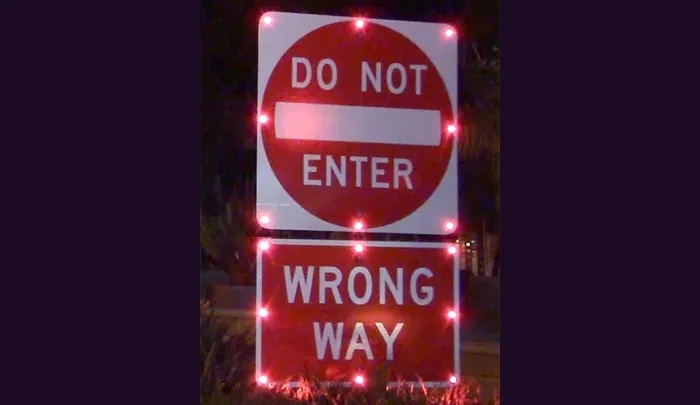
Recent pilot programmes by California’s Department of Transportation - Caltrans – and a university research centre highlight effective measures that have been taken on board by the US state.
The pilot was developed following 10 wrong-way driver related collisions on freeways around the cities of Sacramento and San Diego in the first six months of 2015.
Caltrans engaged the University of California’s Davis Advanced Highway Maintenance and Construction Technology (AHMCT) Research Center to gather data on the rare but often deadly wrong-way driving collisions.
One of the prevention measures included in the three-year pilot programme was reflectors that alert drivers who are entering the roadway in the wrong direction - leading to a 44% drop in such offences in San Diego.
“Adding the two-way reflective markers proved to be so effective that Caltrans updated its state-wide design standards,” said Toks Omishakin, Caltrans director.
During the study, Caltrans installed and tested different ways to deter wrong-way drivers along exit ramps in San Diego as well as the city of Sacramento.
There will be more on this story in the North America edition of ITS International September/October 2020










